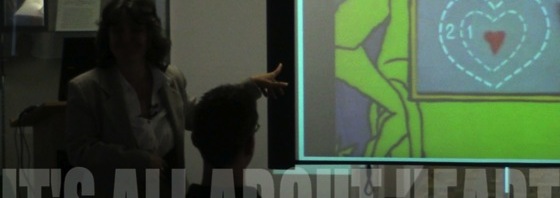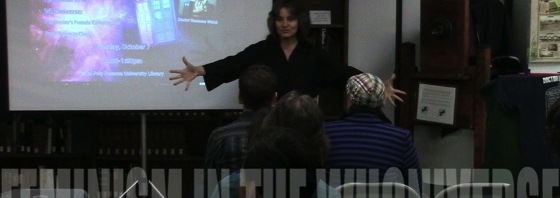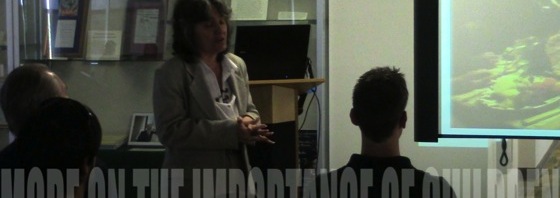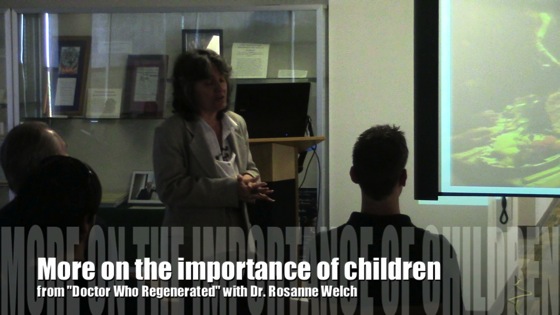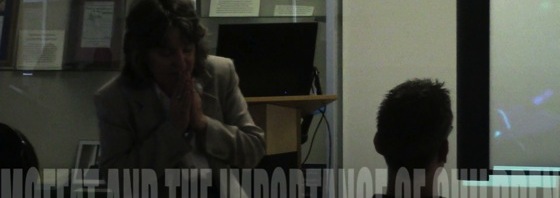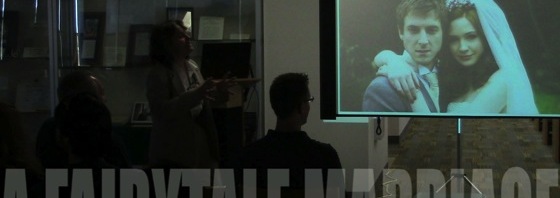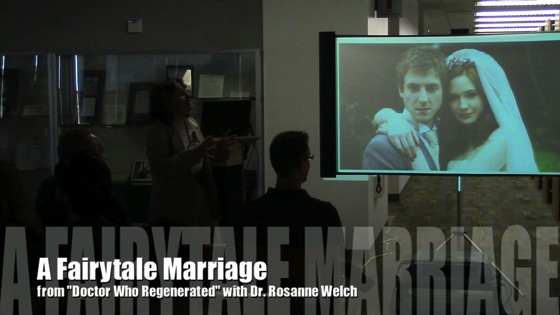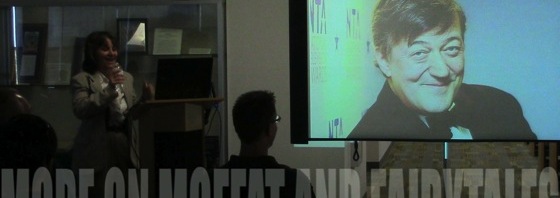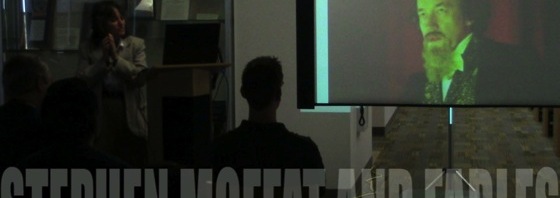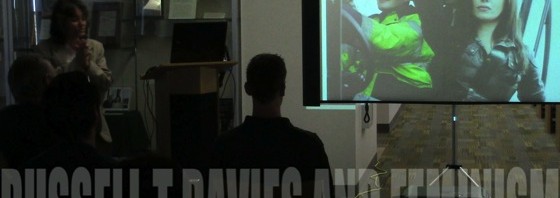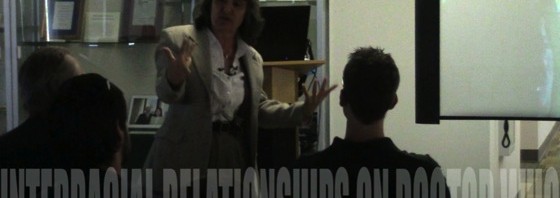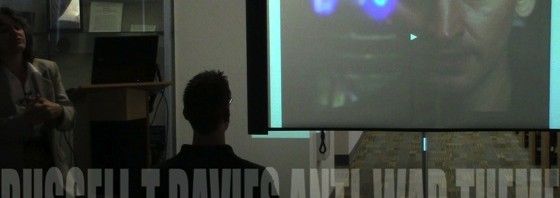A short clip from the longer presentation, “Doctor Who Regenerated”
Dr. Rosanne Welch, Cal Poly Pomona Faculty from the Department of Interdisciplinary General Education is back by popular demand with a new lecture on Doctor Who and Television!
This time, the Doctor will focus on a deeper look of the themes of the writers behind “Doctor Who.” Above and beyond race and gender, they include social justice and the power of childhood.
View the entire presentation
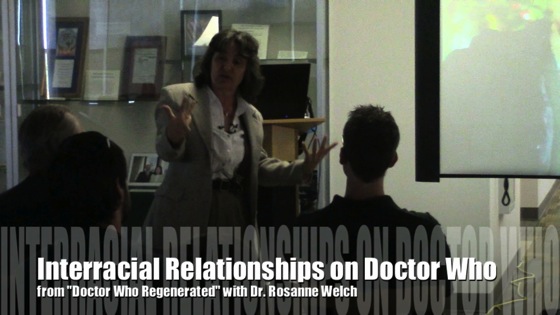
Subscribe to Dr. Welch’s YouTube Channel
Transcript:
The other thing that Russell T Davies is known for that has bled into American television better and makes everybody happy is colorblind casting. This business, again of inclusion. In America as I said, sadly, when you have a black and a shote person together in a relationship, the problem in their life is that one of them us white and one of them is black, but, after a while, that’s not your problem anymore or the relationship wouldn’t work. So, in his case, he gave us Mickey and Rose in the very first episode and through that first couple of seasons, we’re going to watch their relationship. Sadly, she eventually falls out of love with Mickey and in love with The Doctor. All right, well, it’s David Tennant. Who wouldn’t fall in love with him. What can I tell you? But, he gives us not one time. It’s recurring thing in Davies’ work. We get to the Next Doctor episode and we see Jackson Lake and his “partner” who, once the episode is over we understand they’re falling in love and are probably going to get marred even though they live in Victorian England and that is going to be taken in a particular way. Although, Belle, that new movie coming out now, is dealing with a multi-racial, a bi-racial woman, in this era. And its based on a true story. So I am very excited to see how that’s going to work out. But he also did this in little moments in episodes. Again, I’m back to Blink, which was written by Steven Moffat, but under the executive producer-ship of Russell T Davies, who made sure that Detective Inspector Billy Shipton, who gets to say the really great line, “Life is short and you are hot!” He’s hot! But they put him together with Cary Mulligan. That’s who he gets to be in love with and she in love with him in a tortuously sad romance that happens way to fast. It’s a gorgeous, gorgeous episode and that is a beautiful moment for that actor. His name is Michael Obiora. He’s an English actor. Again, the English are doing things better than us. It is part of the BBC’s policy, but writers have to remember to do it and in America it is really Grey’s Anatomy where you have to go to to see that happen. So, I think that’s a pretty important thing. Now at the end of Blink, she doesn’t end up with Billy Shipton. She ends up with this dude. Larry. He’s a perfectly nice dude. All right. Whatever. But Billy Shipton was much hotter.
“Natalie Lopez at the CalPoly University Library invited me to do a presentation for National Libraries Week on Doctor Who and Culture so that’s why a group of Whovians from both CalPoly and CSUF gathered in the Special Events room on April 16th. It was wonderful to look out over a sea of t-shirts and other Doctor paraphernalia present among the crowd as I pontificated about what makes Who great – mostly giving me a chance to present a case for the fact that writers make Doctor Who and therefore writers make culture.”
